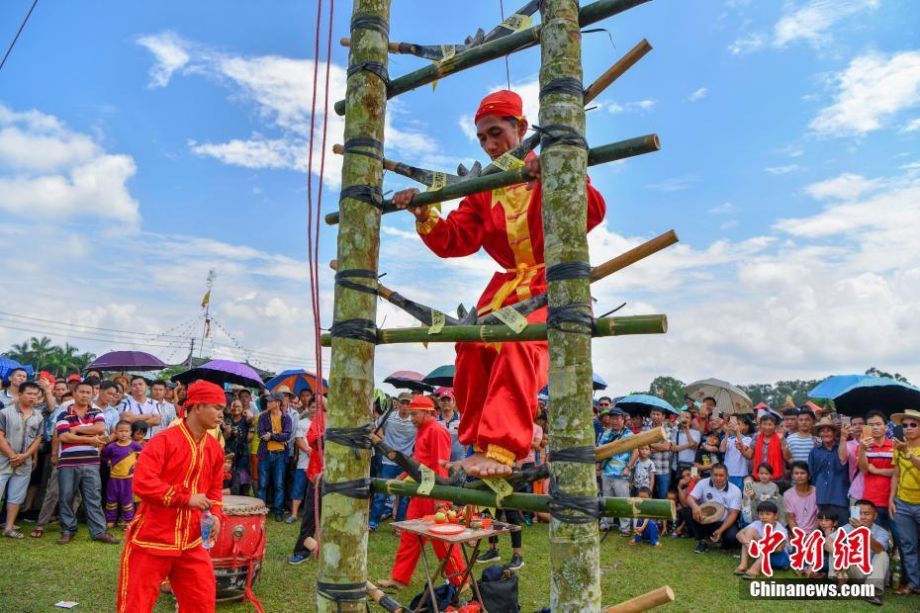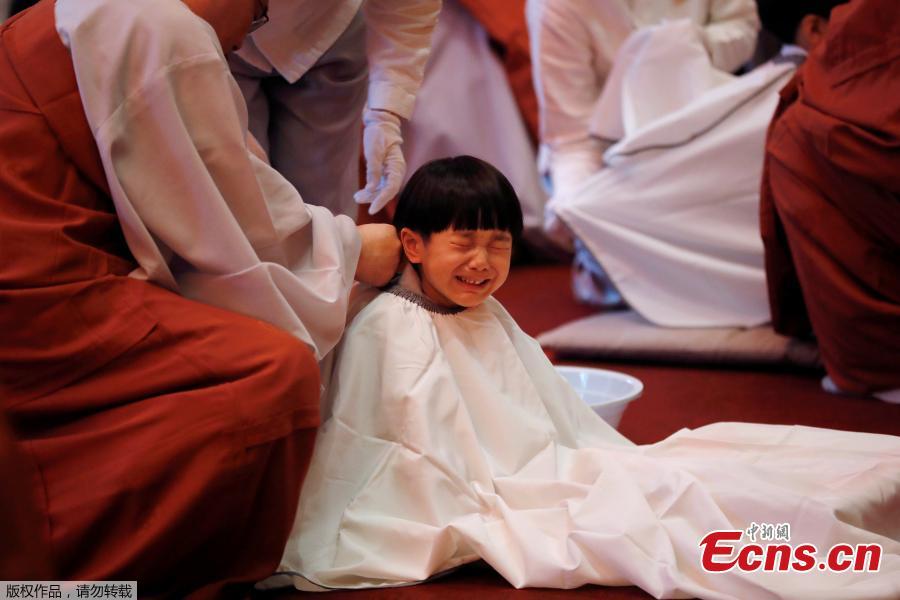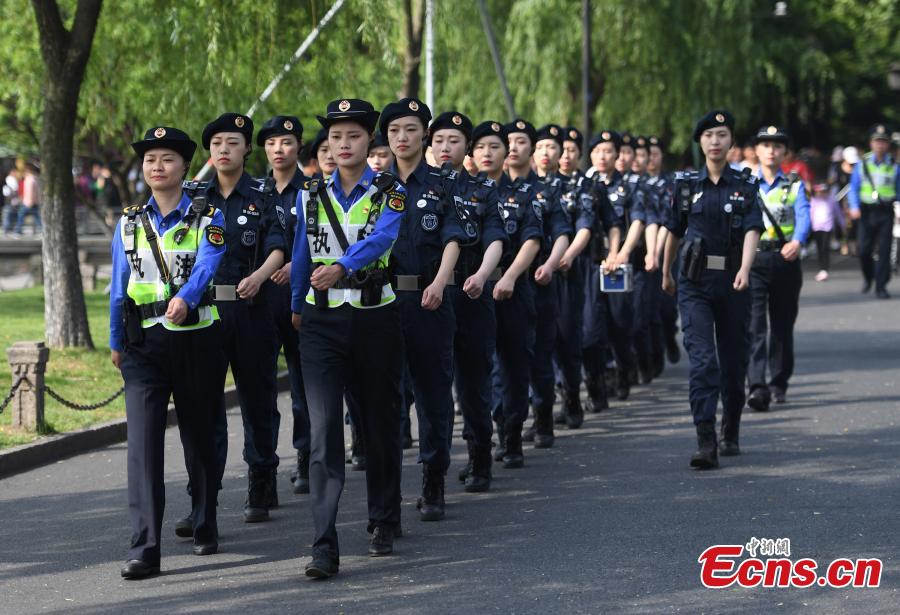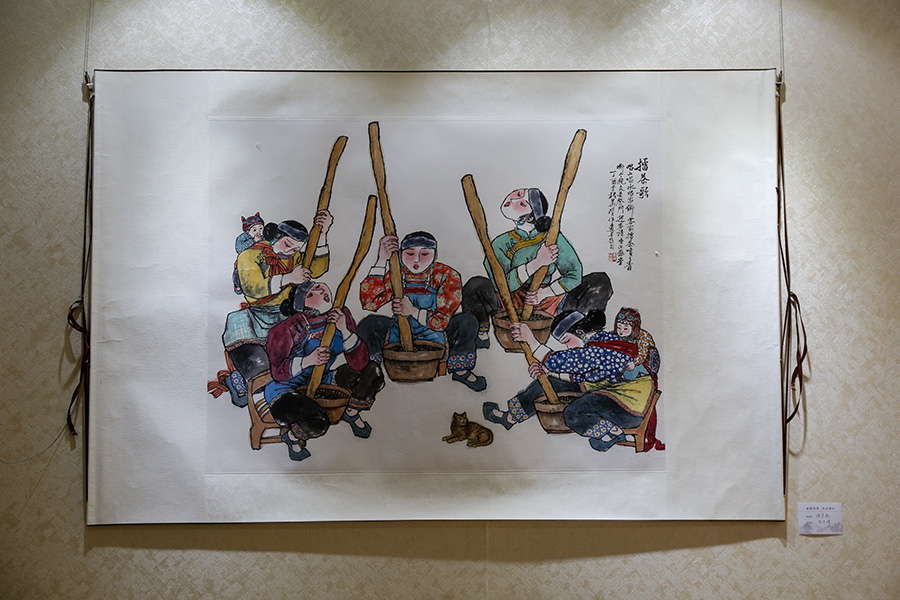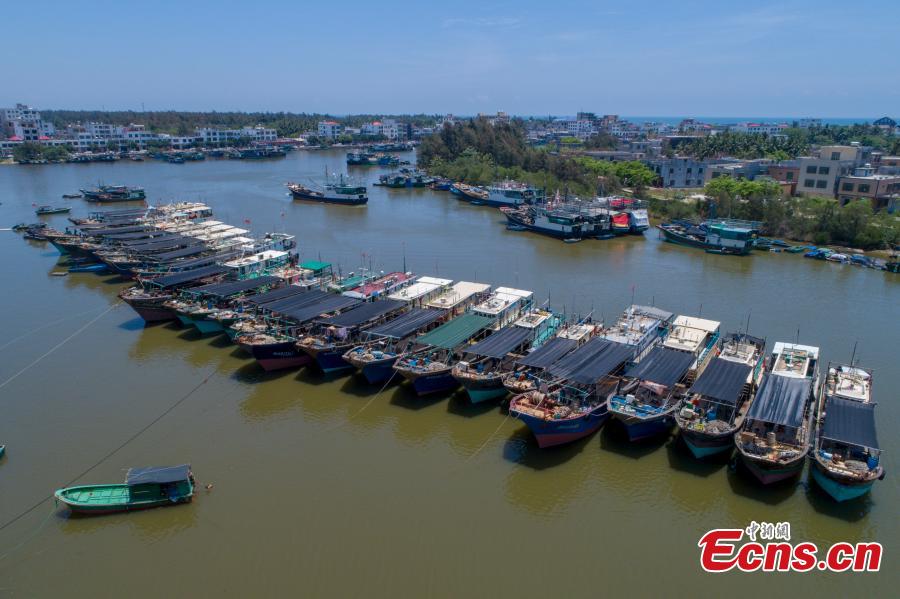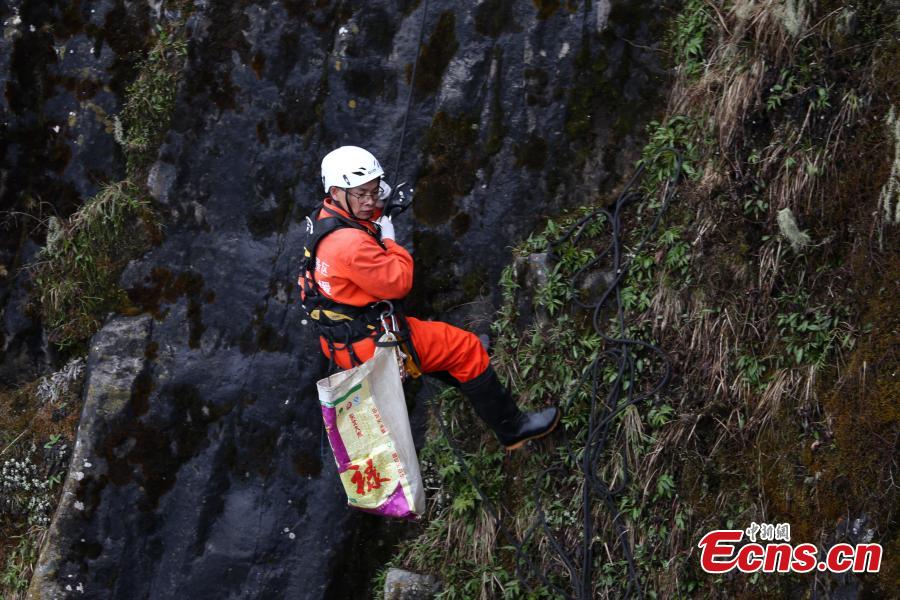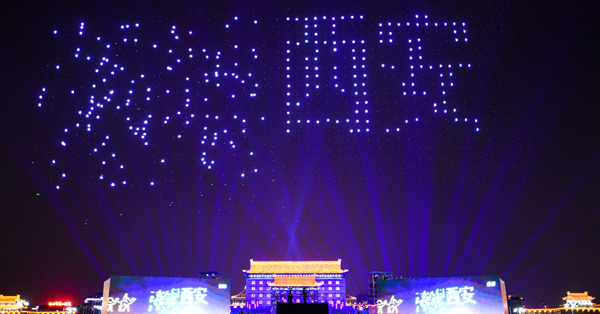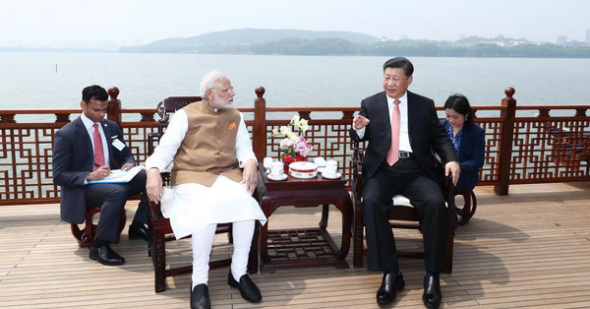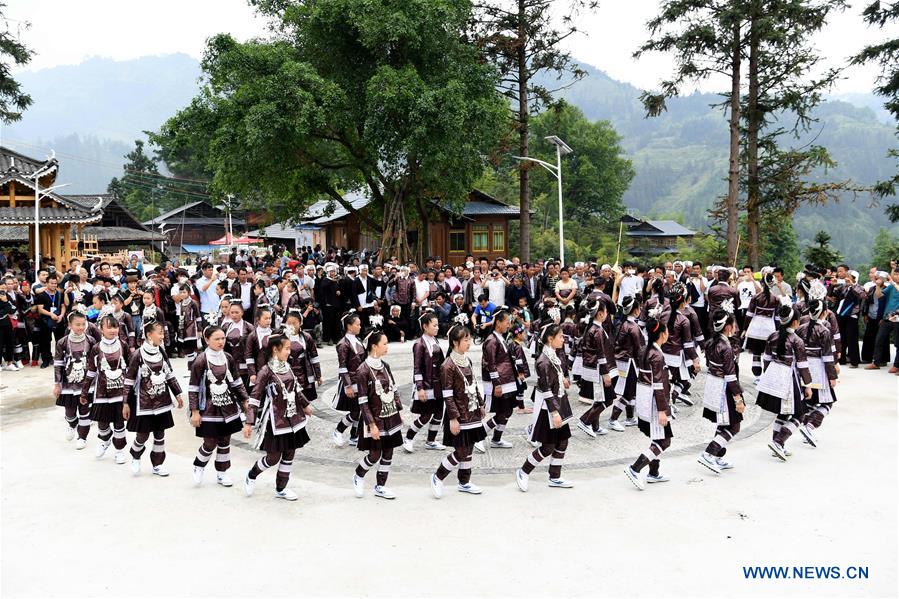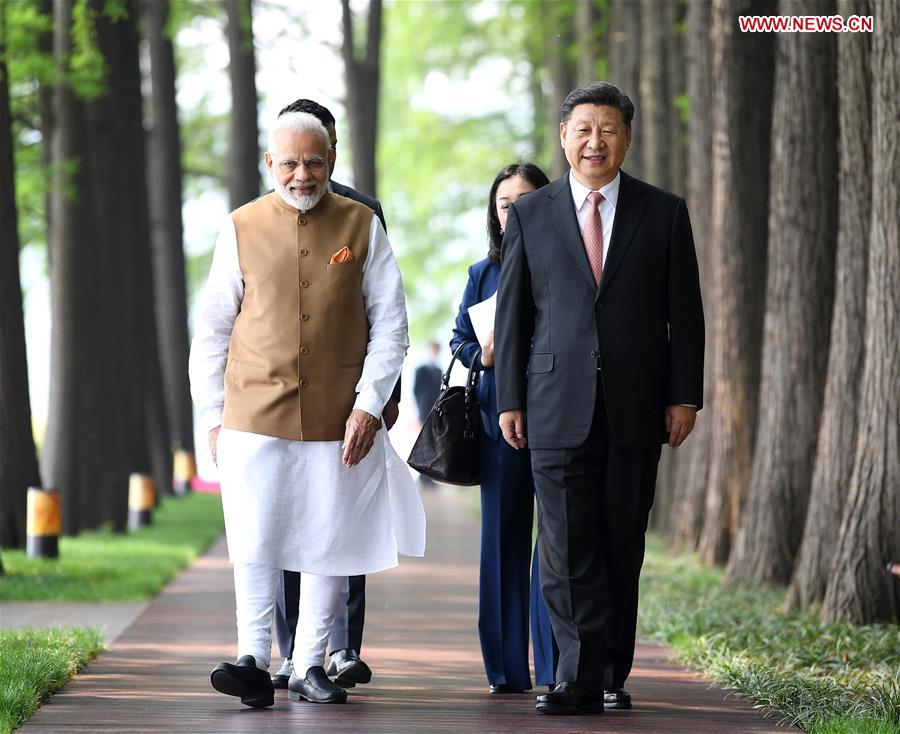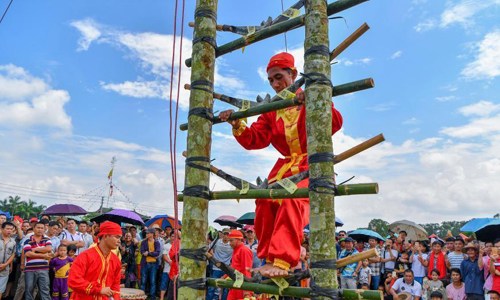The Republic of Korea's presidential Blue House on Wednesday dismissed claims that U.S. troops stationed in the country would have to leave if a peace treaty was signed with the Democratic People's Republic of Korea.
A Chinese expert said the ROK dismissal may increase uncertainty in the peace process in the Korean Peninsula.
ROK President Moon Jae-in said: "U.S. Forces Korea is a matter of the South Korea-U.S. alliance. It has nothing to do with signing a peace treaty."
Moon made the remarks after one of his presidential advisers publicly suggested the presence of United States soldiers, sailors and airmen would be called into question if a peace treaty were to be agreed with Pyongyang.
The adviser, Moon Chung-in, published an article in Foreign Affairs magazine, saying it would be "difficult to justify (U.S. forces) continuing presence in South Korea after the adoption of a peace treaty".
The Blue House warned the adviser "not to cause any more confusion" with such comments, Moon's spokesman Kim Eui-kyeom said.
Seoul and Pyongyang have remained technically at war since the 1950s but Moon and the top DPRK leader Kim Jong-un agreed at a historic summit last week to work toward a permanent peace treaty this year to replace a 65-year-old armistice agreement.
According to the Agence France-Presse news agency, Seoul's Defense Ministry confirmed that eight U.S. F-22 fighter jets had arrived at an airbase in the southern city of Gwangju on Sunday, to take part in a regular joint exercise named "Max Thunder", which will kick off on May 11 for two weeks.
"Max Thunder is a regular exercise that has been on the docket long before a planned US-North Korea summit," the ROK's Defense Ministry said in a statement.
ROK newspaper Chosun Ilbo said the aircraft deployment could be intended to heap pressure on Pyongyang ahead of a planned summit between Kim and U.S. President Donald Trump. The newspaper also suggested the arrival of F-22 jets could also be aimed at bolstering security in case the DPRK-U.S. summit takes place at Panmunjom.
Fang Xiaozhi, a researcher at Fudan University, said that the Panmunjom Declaration has laid the foundation for achieving peace in the Korean Peninsula, yet to achieve a permanent peace requires both the DPRK and the U.S. should make concessions rather than confrontations.
Fang said the deployment of U.S. troops in the ROK may stimulate hostility. He said Pyongyang had previously reacted with anger to the deployment of U.S. troops in the peninsula over fears the drills could be used to prepare for surgical strikes against it.
Fang added that a U.S. military withdrawal from the ROK will be a key issue in the Kim-Trump summit.











